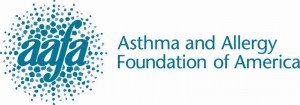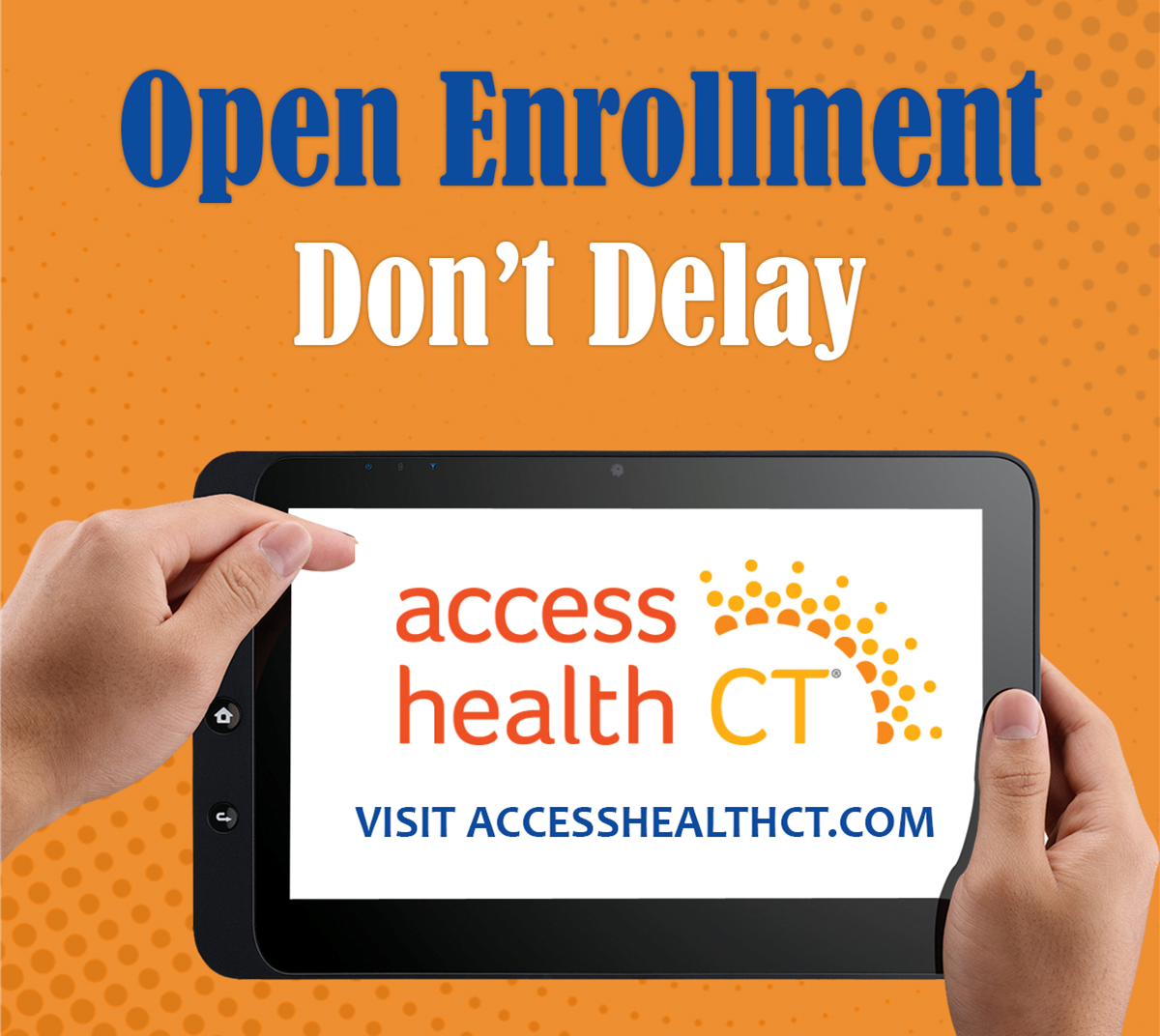Preventative Care Lacking Among Large Percentage of State's Women
/The number of Connecticut women who are foregoing annual preventative health care is growing, especially among minorities and young adults, according to a survey commissioned by Women's Health Connecticut and reported by the Connecticut Health I-Team. Less than half of those surveyed said they were "very satisfied" with the information they receive from their doctors about common health issues, and only 52%, for example, knew the age at which they should start undergoing mammograms. The survey found that 28% of women in the state had not had an ob-gyn exam in the past year - among minority women, the number was 38%.
The Permanent Commission on the Status of Women, citing data from the Kaiser Family Foundation, recently indicated that as health care grows more expensive, more than 1/4 of non-elderly women (27%) and two-thirds of uninsured women (67%) report that they delayed or went without care they believed they needed because they could not afford it.


































